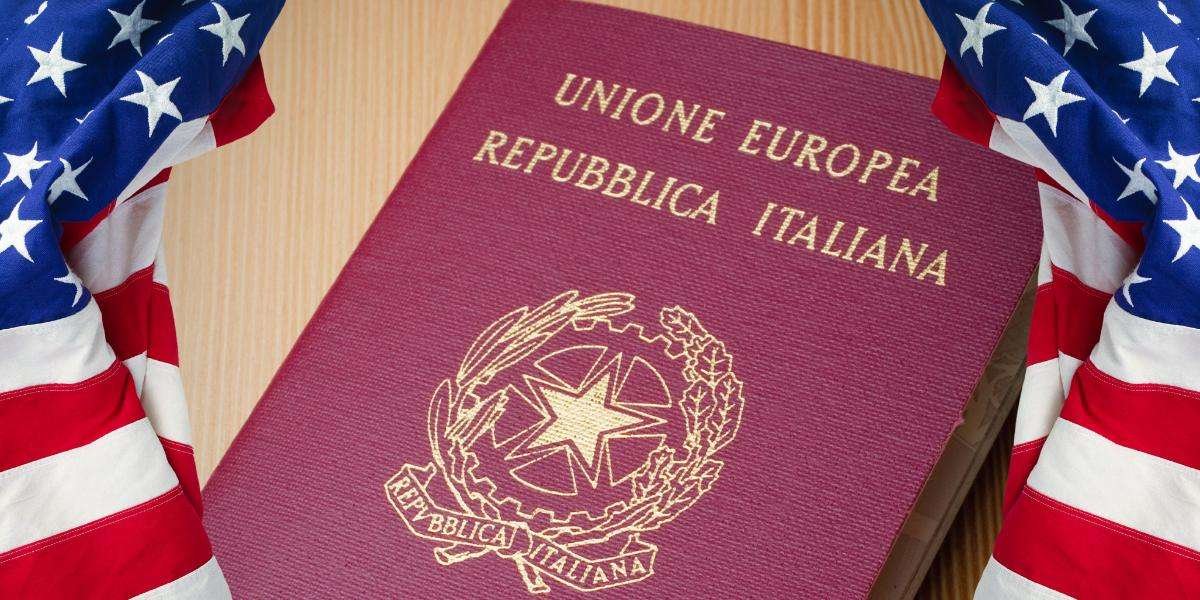Italian Citizenship by Marriage - Everything You Need to Know
Italian citizenship by marriage is one of the most common and accessible ways for foreigners to acquire Italian nationality. However, to ensure a smooth and legal transition, it is essential to understand the requirements, the steps involved, and the legal nuances of this process. Through this procedure, individuals married to Italian citizens can apply for citizenship, but the process involves more than just gathering documents and waiting; it also requires a thorough understanding of the rights and duties associated with it. This right depends on various factors, including the length of the stable union or residency period, and adherence to legal requirements for the naturalization process to be considered valid.
Basic Requirements for Italian Citizenship by Marriage
Italian citizenship by marriage requires the applicant to be legally married to an Italian citizen. The first criterion is that the marriage must be formalized according to Italian law, which means that marriages performed outside of Italy must be legally recognized by the country. Furthermore, there are time-related requirements that must be met. For those married in Italy, the application can be made after two years of marriage if the couple resides in Italy, or after three years of marriage if they reside abroad. This waiting period can be halved if the couple has children together, reflecting the recognition of family constitution.
The primary reason for these waiting periods is the belief that marriage should not be viewed as a mere strategy for acquiring citizenship but as a stable and continuous union demonstrated over a considerable period. The Italian state wants to ensure that the union is genuine, which is evidenced by the requirement for a significant waiting time for the marriage to be firmly established in the lives of those involved. Legally speaking, Italian citizenship by marriage is not automatic and requires the formal submission of a request through a process that includes gathering various documents and filling out specific forms.
Documents Required for the Citizenship Application
The documentation required to apply for Italian citizenship by marriage involves a series of documents that verify both the marriage to an Italian citizen and the applicant’s legal status in the country. Initially, the applicant must provide an authenticated copy of the marriage certificate, which, in the case of marriages performed outside Italy, must be translated and legalized according to international documentation standards. Additionally, personal documents such as a passport, proof of residence, and a criminal background check from both the home country and Italy are required to ensure that the applicant has no involvement in illegal activities.
Another essential document is proof of Italian language proficiency. For Italian citizenship by marriage, most applicants must demonstrate a minimum level of fluency in the language, typically B1 according to the Common European Framework of Reference for Languages (CEFR). This requirement aims to ensure that the new citizen can effectively integrate into Italian society. In some cases, the language exam can be waived, such as for citizens from countries with agreements with Italy or for those married to Italian citizens for a substantial period of time.
The Application Process and Waiting Period
One of the most common concerns about Italian citizenship by marriage is the bureaucratic process and the time required for the analysis and approval of the application. While the process is relatively straightforward in terms of requirements, it is known to be lengthy, especially when the applications are made outside of Italy. After all the required documentation has been submitted, the request is analyzed by the relevant Italian authority, which can be the Italian consulate in the applicant's country of residence or the municipality in Italy, depending on where the application is filed. The analysis takes into account the authenticity of the submitted documents, the fulfillment of the marriage and residence duration requirements, and the applicant’s criminal history.
The waiting period can vary considerably. In some cases, the analysis can take between two to three years, depending on the complexity of the process and the volume of applications at the consulate or municipality. It is important to note that, during this time, the applicant is not required to reside in Italy but must be available to respond to any requests for additional documents. Often, the process can be expedited if legal representation is involved or if the documentation complies with all the requirements. However, it is crucial that applicants follow the instructions carefully to avoid delays or complications.
The Legal Implications of Italian Citizenship by Marriage
Obtaining Italian citizenship by marriage entails a series of rights and responsibilities. The individual who acquires Italian citizenship gains the right to live, work, and study in Italy and other European Union countries, enjoying all the benefits available to EU citizens. This includes access to Italy's healthcare system, which is widely recognized for its quality and accessibility, as well as the possibility of applying for an Italian pension, should the applicant qualify for one.
Moreover, Italian citizens have the right to vote in Italian elections, which can be a significant factor for those who wish to have an active role in the country’s political system. However, acquiring Italian citizenship by marriage does not come without responsibilities. The new Italian citizen must comply with Italian laws and, in some cases, may be required to fulfill obligations such as military service, although this depends on various factors, such as age and length of residence in Italy.
Finally, the fact that an individual acquires Italian citizenship through marriage does not mean they must renounce their original citizenship. Italy allows dual citizenship, meaning the applicant will not have to give up their original nationality to become an Italian citizen. This, in turn, opens up a wider range of rights and possibilities internationally, such as visa-free travel to numerous countries and access to social benefit programs throughout the European Union.
Conclusion
Italian citizenship by marriage is a viable and highly sought-after path for those wishing to become citizens of Italy and take advantage of the numerous benefits that come with EU membership. While the process requires patience and attention to detail, the rights granted to those who successfully acquire Italian citizenship are extensive. By adhering to the necessary steps and understanding the legal implications, individuals can look forward to a future in Italy with access to unparalleled opportunities within one of the world’s most dynamic and culturally rich regions.




